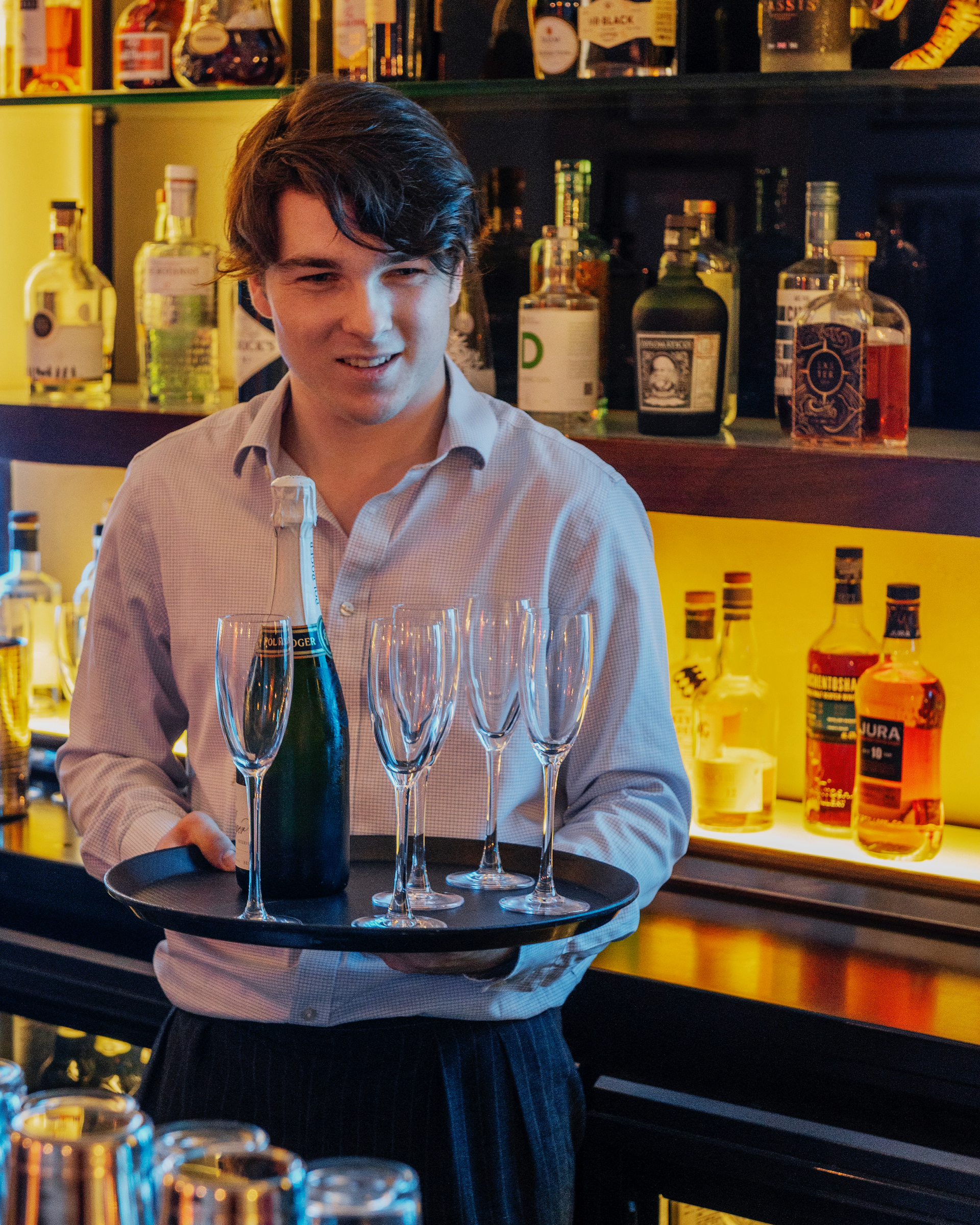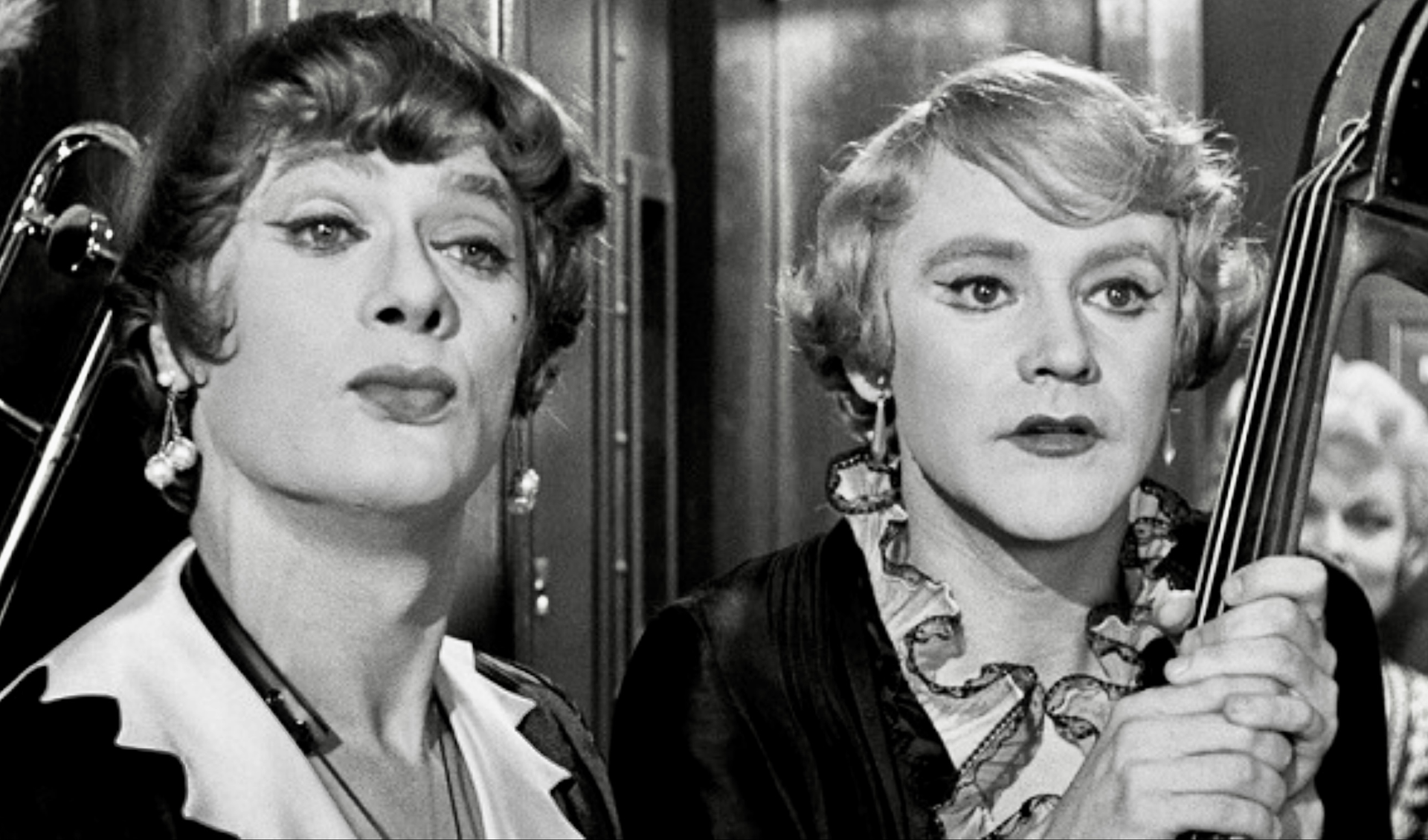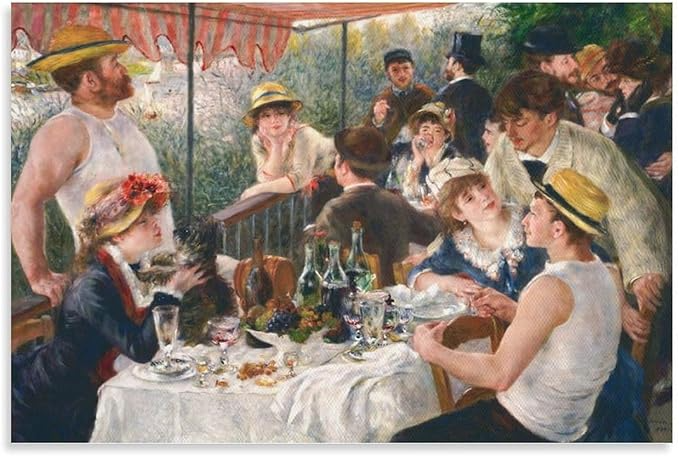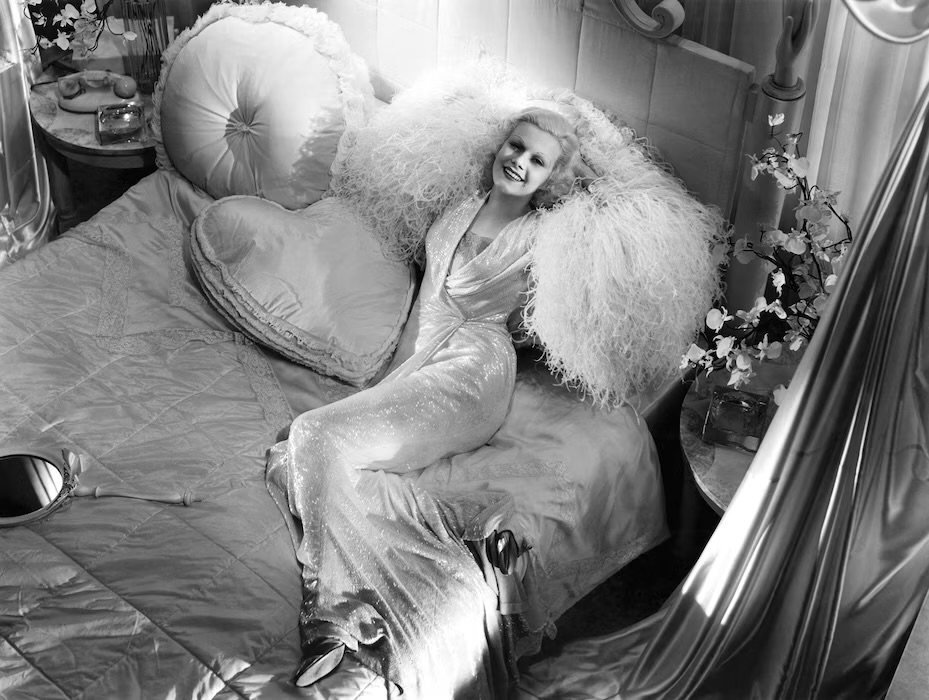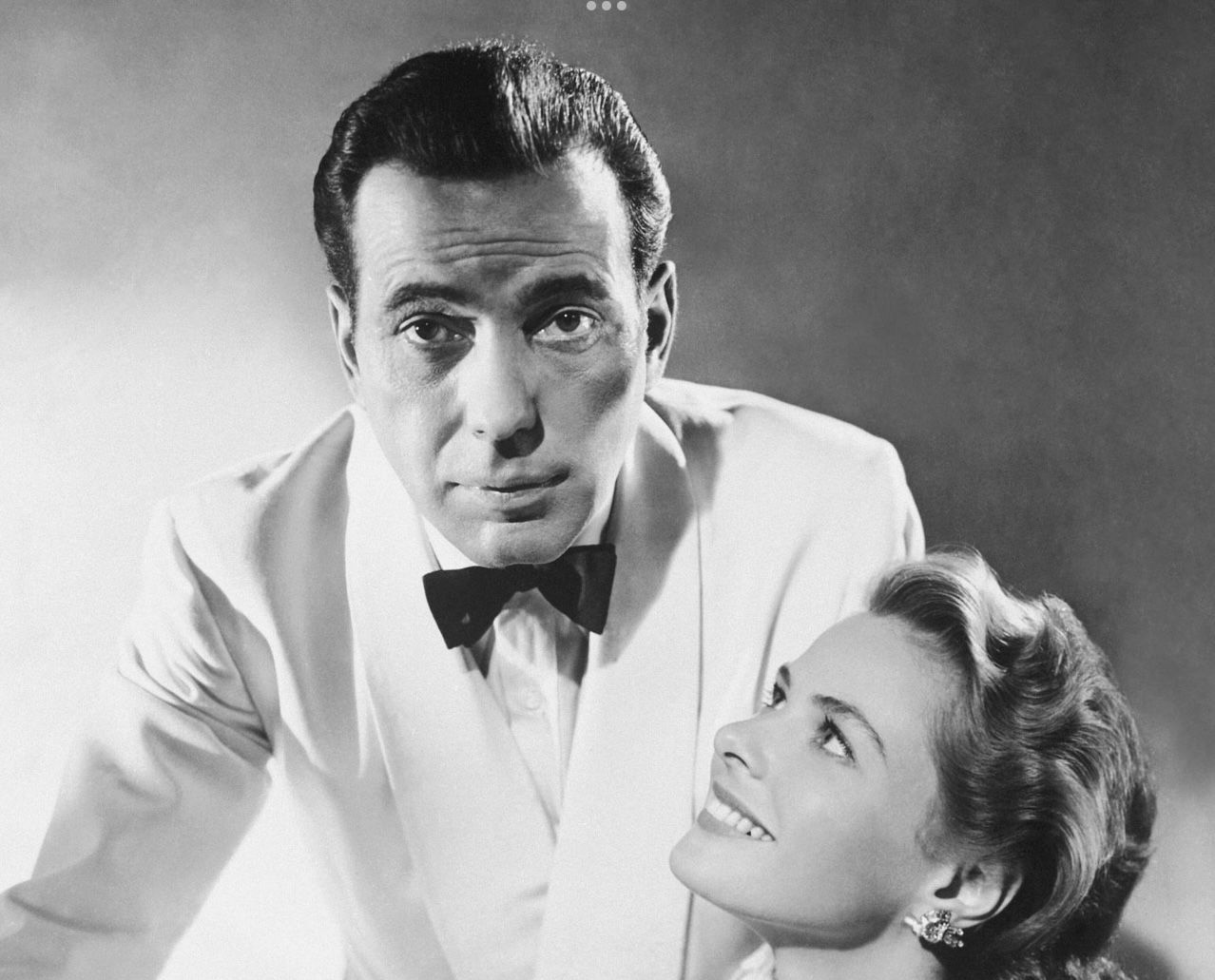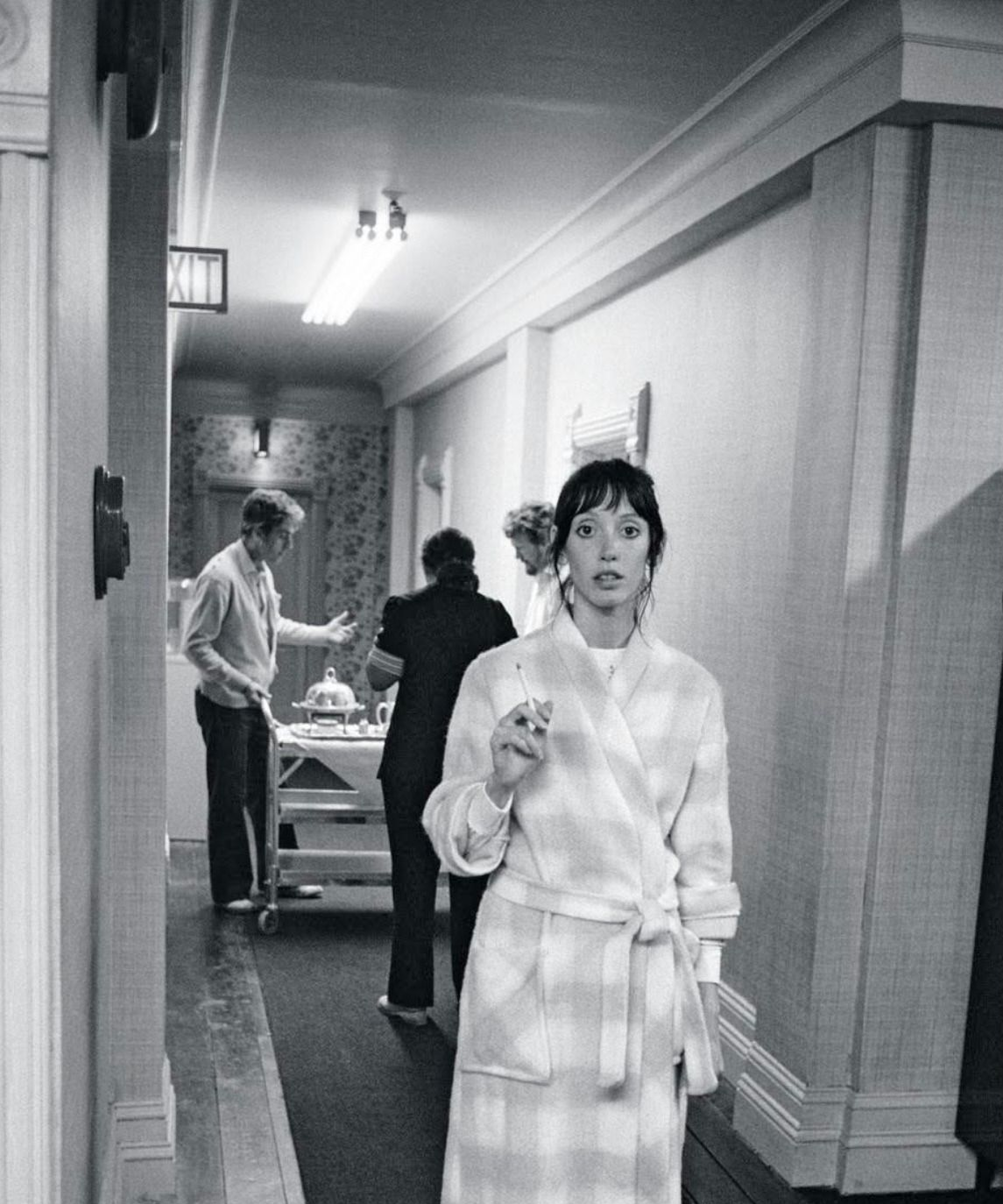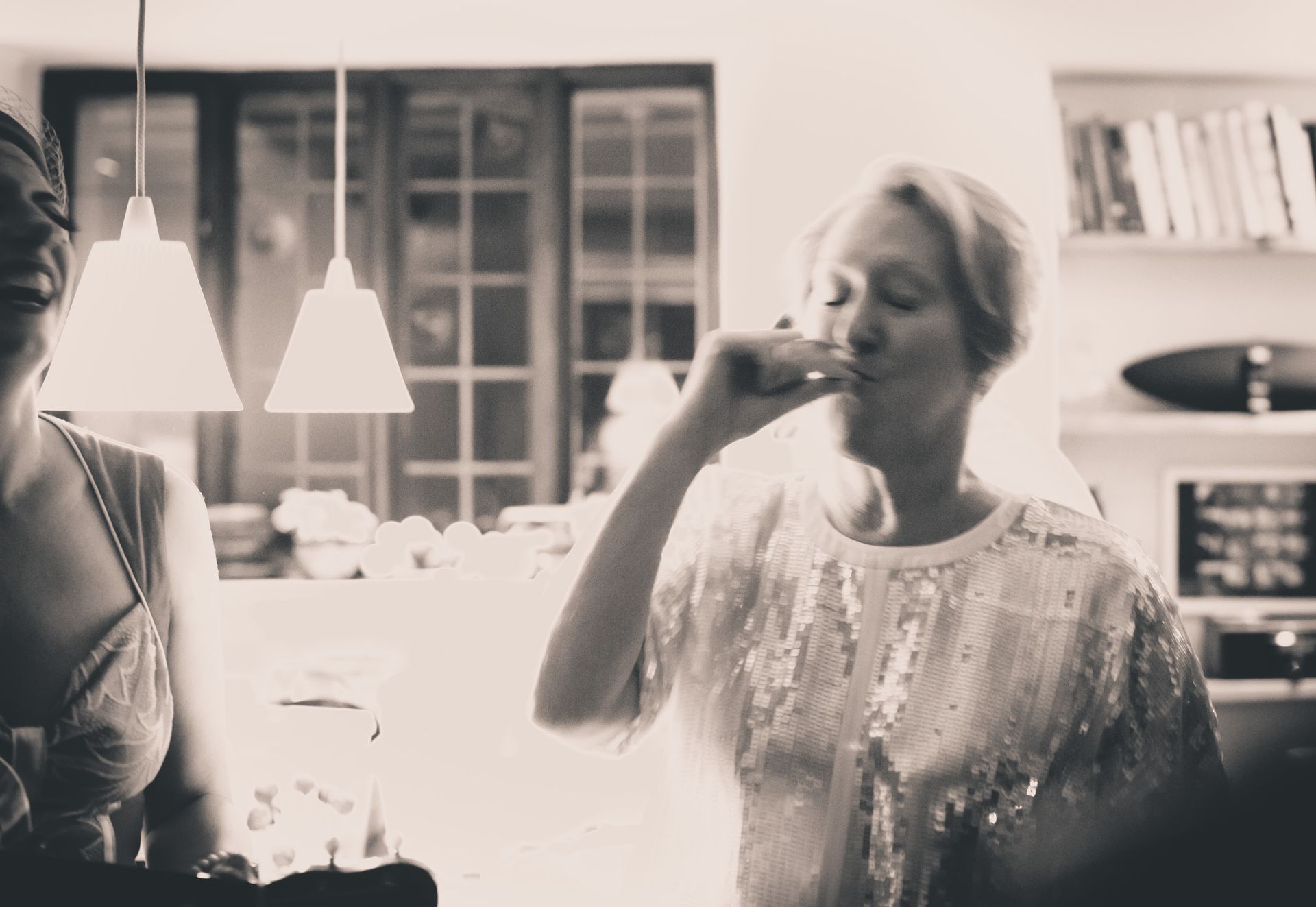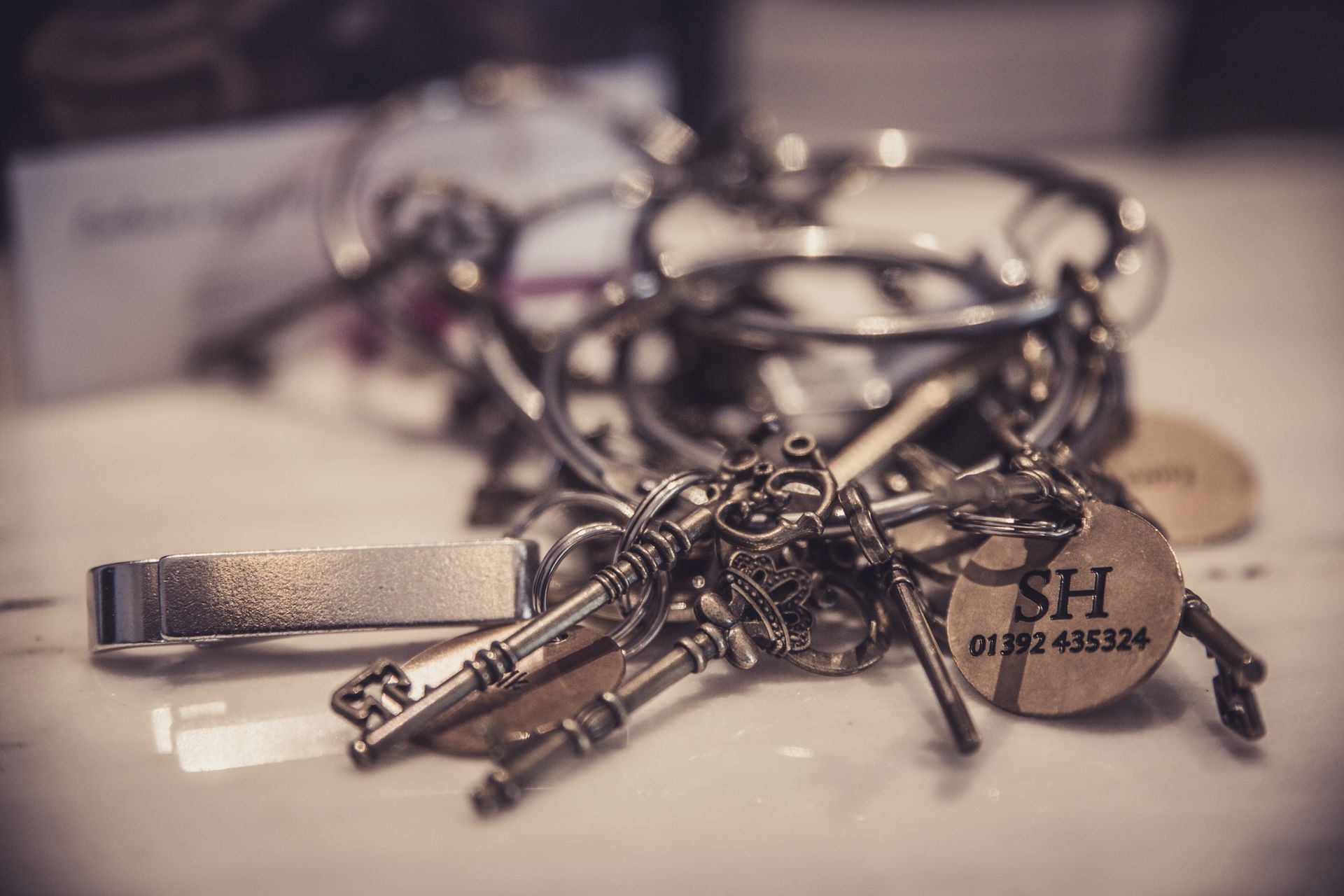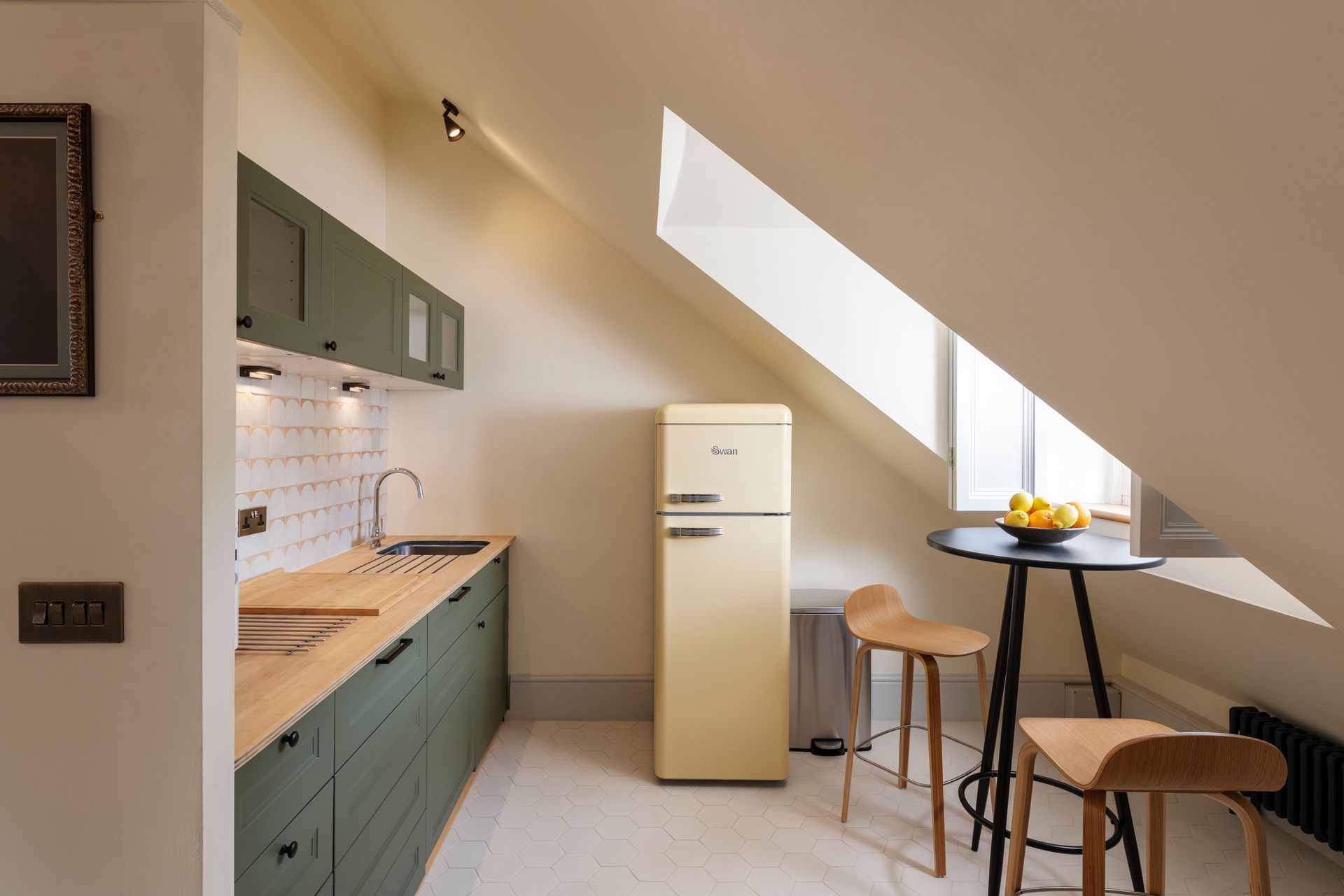RIP 2BD*
*Two bottles Down
Regarding the sad decline of the business lunch....
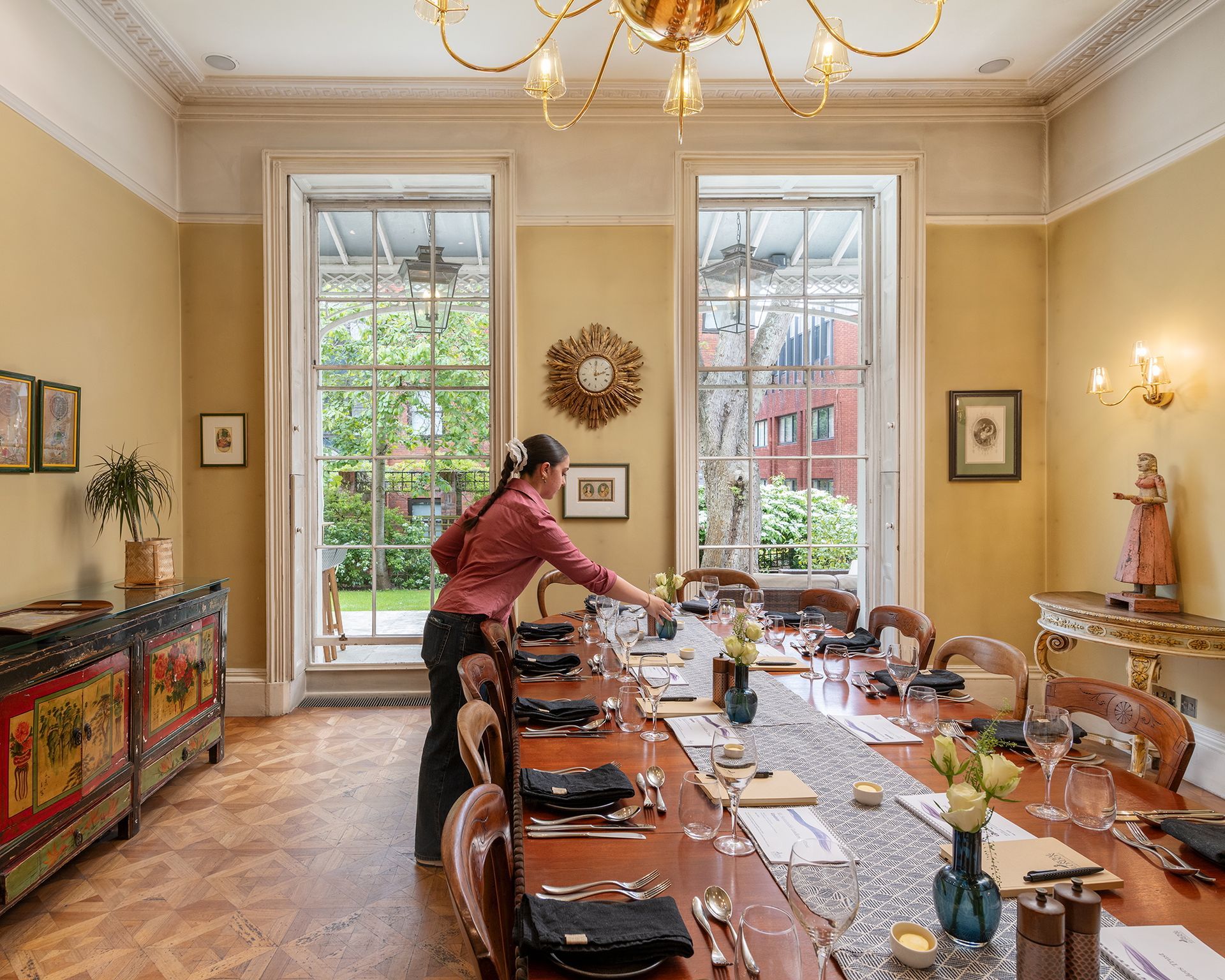
I’ve been out of the corporate loop for all of this century. When I left the City, we chuckled at Americans who indulged in a risqué glass of wine with their steak to celebrate the end of a gruelling 3 month deal. How we smirked as we popped the champagne and tickled our chips with ketchup on a Friday afternoon in EC1. I’ve now been on the supply side of the business lunching for a couple of decades and I can safely say that champagne and chips are no longer on the agenda. I couldn’t pinpoint the date on which the deal-makers and breakers decided that a shared bottle of wine at lunch was suspect, that leaving your desk in daylight was a red flag, and that the only acceptable form of work-based interaction was agenda-driven and time-boxed. I’d hazard a guess it has only crystallised in this country in the last couple of years, since post-lockdown saw a brief, dizzying outpouring of hedonism that quickly sobered up.
Farewell, then: the business lunch is close to dying—and with it, something vital.
Not just our city-centre lunch trade at Southernhay house and elsewhere, and not just the feeling of community that leaving your desk for an hour engenders, but the intangible glue of professional life: trust, rapport, and the alchemy that happens when people relax in each other’s company. In the UK, corporate entertaining has been pared back dramatically. For understandable economic reasons—but the loss runs deeper than short-term budget lines.
Tech has accelerated this, not least the influence of tech culture. Silicon bro’s model of virtue is one of extreme fasting, protein shakes, walking meetings, and ‘CEO bodies’. If it doesn’t serve a measurable outcome, it’s wasteful. I don’t need to spell out the pernicious consequences on your waistline and social life of WFH here, either…that fridge is not your friend, still less a future connection.
Business is operating under a new kind of puritanism.
Virtue, in many modern workplaces, looks like restraint. Fun is frivolous. Drinking at lunch? Dangerous. Long conversations that might not lead to a deal? Indulgent. The business lunch once allowed people to feel their way into working relationships. Now, you optimise. You calculate. You avoid ambiguity. And, increasingly, you eat alone. The ‘work-life balance’ so hyped as desirable, also means that, somehow, if you’re enjoying yourself, you can’t be ‘working’ (or not hard enough).
“Work is more fun than fun” said Noel Coward
I’m in the happy place of spending my time on stuff that is fun, 87.5% of the time. Joy is not the enemy of work. It’s the foundation of good work. Relationships built in relaxed moments are the ones that survive pressure. Deals struck at lunch often succeed because people trust each other. And creativity—true, risky, collaborative creativity—does not happen to schedule.
My take-away? Cutting your business lunch is a false economy.
You may save money. But at the cost of losing something harder to quantify: cohesion, goodwill, friendship. Spending time with people is very rarely wasted. It’s the difference between a functional team and a flourishing one. Testing your corporate strengths as a physical team, in an informal setting, can strengthen workplace bonds - and sometimes make you friends for life!
It’s time to reclaim joy as a professional asset, and maybe rename ‘marketing’ on your balance sheet. Let’s recognise that when people eat together, drink together, and laugh together, they’re not wasting time. They’re investing in something deeper than a transaction.
So: shall we do lunch?

